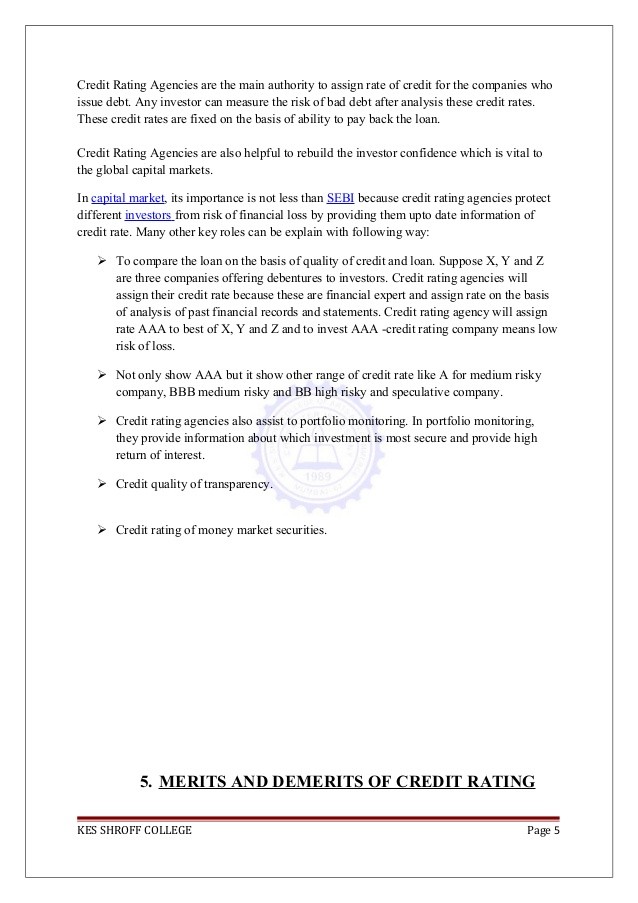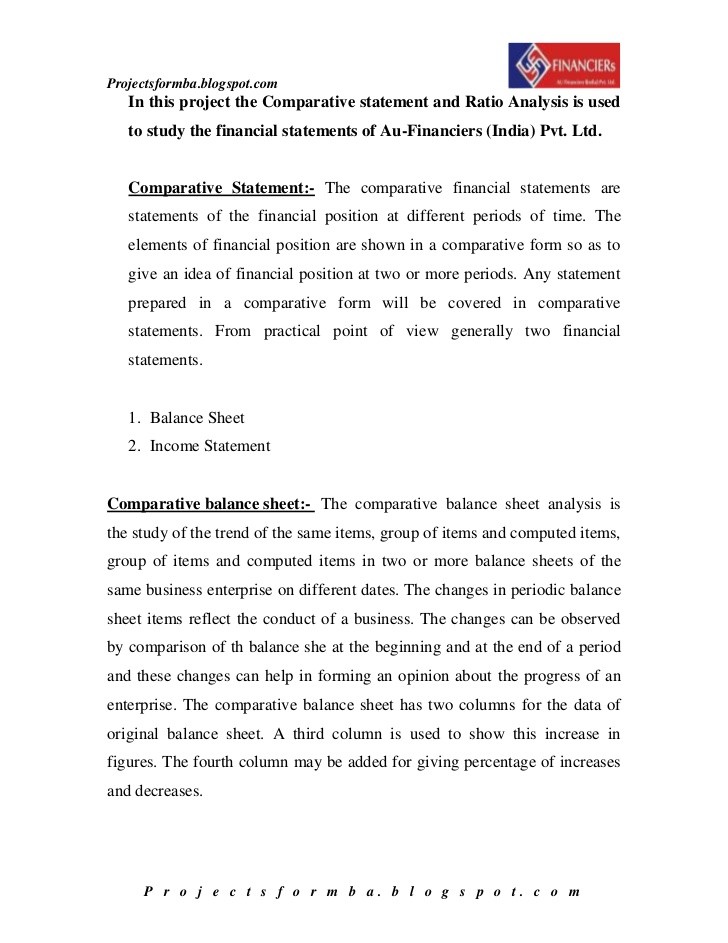Restore trust in credit rating agencies Opinion and Analysis
Post on: 16 Март, 2015 No Comment

In Summary
- Time and again, the traditional agencies’ analyses have lacked any foresight, even after the lessons of the subprime mortgage debacle. It’s hard to trust companies that have repeatedly gotten it so wrong.
- After spending years defending their reputation following the 2008 financial crisis and again failing to spot any problems in Europe until after the euro zone crisis was already under way, the credibility of and trust for credit ratings are in serious jeopardy.
- Credit rating agencies can offer an important assessment of public-sector institutions, the structured finance sector and other market conditions more broadly.
- Credit rating agencies should adopt a new business model that includes transparency, accountability and strong analytics as its cornerstones.
In recent months, as credit rating agencies issued their statements, more signs are emerging that the agencies are in danger of becoming irrelevant.
After Moody’s downgraded the ratings of 15 global banks several weeks ago, US bank stocks posted gains. When the sovereign debt of Germany, the Netherlands and Luxembourg were downgraded on July 23, US stocks remained largely unchanged. The ratings of the traditional agencies now appear to be lagging indicators.
It is not difficult to find signs that the Big Three credit rating agencies are losing their credibility in the United States and around the globe.
Reports across the Atlantic of plans by the European Parliament to ban sovereign credit ratings altogether emerged in late 2011. Just look at the soaring US Treasury bond market following Standard & Poor’s downgrade of the United States.
Time and again, the traditional agencies’ analyses have lacked any foresight, even after the lessons of the subprime mortgage debacle. It’s hard to trust companies that have repeatedly gotten it so wrong.
A year after S&P downgraded long-term US Treasuries, investors are still buying them up, and little else has changed: Interest rates remain low, and Dow Jones industrials are high.
Then, take Greece. In 2009, Moody’s said that fears about Greece’s financing were “misplaced,” according to the New York Times, only to go on to downgrade Greece’s debt.
We all know the fallout from that. These were the same firms that gave Enron an “investment grade” rating back in 2001, just before it filed for bankruptcy. And lest you’ve forgotten by now, they also gave Lehman Brothers a favourable rating before its collapse.

After spending years defending their reputation following the 2008 financial crisis and again failing to spot any problems in Europe until after the euro zone crisis was already under way, the credibility of and trust for credit ratings are in serious jeopardy.
It is no wonder that the watchdog European Securities and Markets Authority is now investigating whether S&P, Moody’s and Fitch are transparent enough.
But the solution is not to banish credit ratings to the scrap heap of history. Nor to eliminate an important tool for valuing debt and keeping capital markets solvent.
What we really need is a new model to restore credibility to the industry once again. Put simply, ratings are too important to not be trusted.
Credit rating agencies can offer an important assessment of public-sector institutions, the structured finance sector and other market conditions more broadly.
Credit rating agencies should adopt a new business model that includes transparency, accountability and strong analytics as its cornerstones.
When my firm employed this model, our average report produced anywhere from 30 to 50 per cent more content than a firm like Moody’s.
We are able to routinely provide timely, forward-looking research so investors and the public can make more informed decisions. If a rating turns out to be wrong, we will say so.
This new approach will work. Markets don’t trust the old model, not just because it’s been wrong so often but also because it is conducted in a vacuum.
Traditional rating agencies go into a back room and come out with a letter grade that increasingly appears to be chosen out of thin air.
But a model that includes full and public disclosure of the methodology used to reach the rating, and long-term accountability for whether the rating was right or wrong, will restore confidence.
The creditworthiness of companies and the public sector is something that should be meaningful. It’s time to restore trust in credit rating agencies once again.
Kroll is the chairman and CEO of Kroll Bond Rating Agency, Inc.














